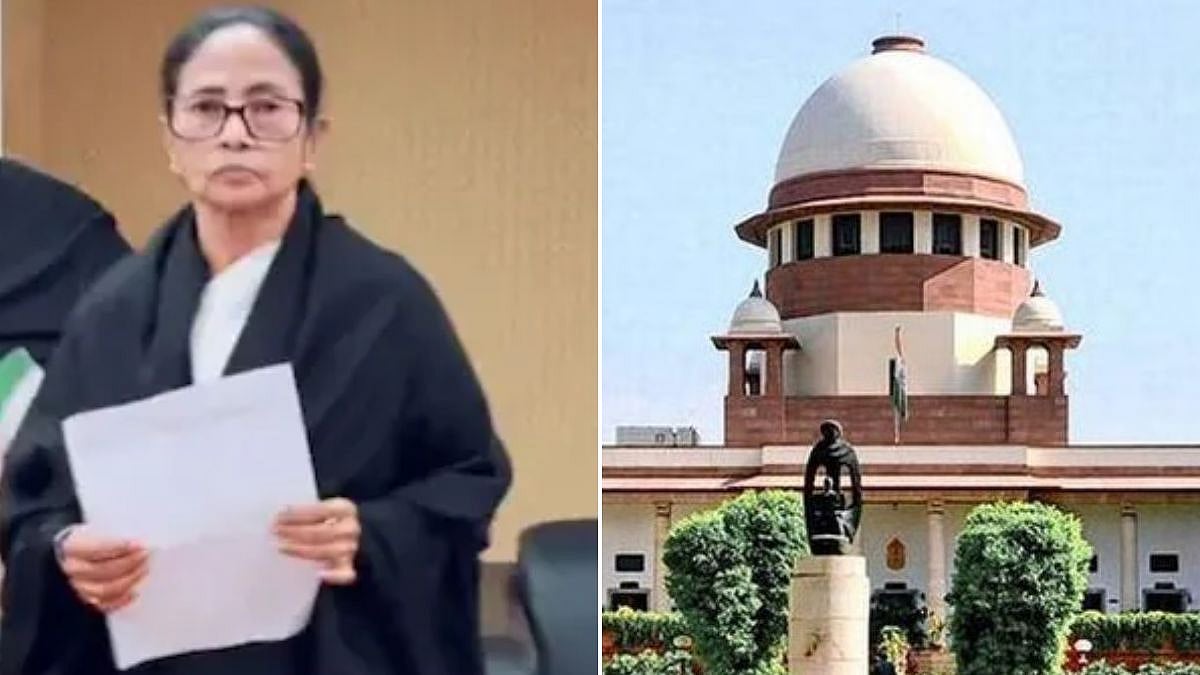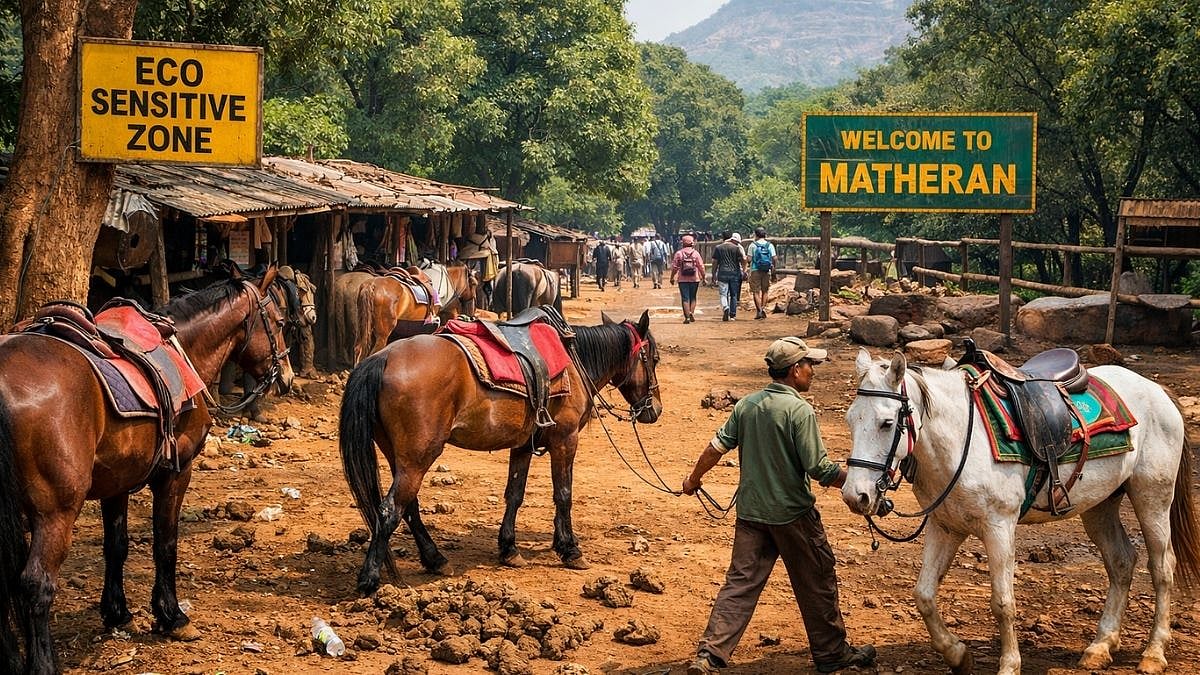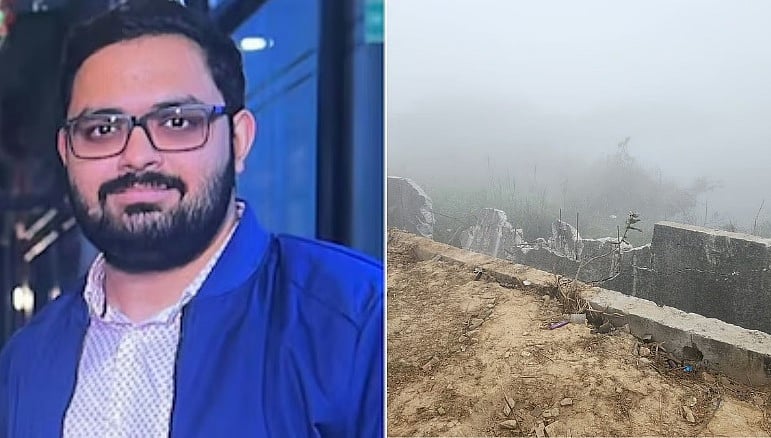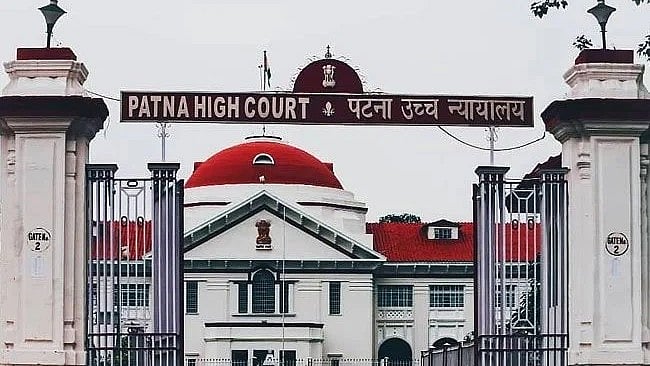“Facts and events” wrote philosopher Hannah Arendt, “are infinitely more fragile things than axioms, discoveries, theories which are produced by the human mind.” Arendt’s remark came in response to the lies and half-truths that were told to people about America’s war in Vietnam, the truth of which emerged later in the Pentagon Papers. Factual truth has been under attack for longer than we care to remember, its history goes well beyond the Vietnam war of course, but what Arendt was pointing towards then has remarkable resonance in present-day India: Factual truth is usually in danger and factual truth has always been in a battle against political power. India’s truth-tellers – journalists, writers, cartoonists, filmmakers, comedians, political and social activists – have been at odds with the government of the day but it can be safely averred that they have never been as harassed, hounded and hunted down as in the last few years. The only comparable time would be the internal Emergency declared by the then Prime Minister Indira Gandhi in June 1975 and lifted nearly two years later. Those who lived through those harrowing few years and are witness to the present-day events have remarked that this undeclared Emergency is as bad, if not worse, than the dark days of India’s democracy.
It's a scandal, a mockery of the basic principles of justice and ethics, that fact-checkers like Mohammed Zubair face a litany of cases for doing the thankless job they do in the interest of preserving truth, while the people they called out for bare-faced lies or hate speech barely face the law. Zubair’s case has drawn international attention with Germany, among other nations, calling out India for the treatment meted out to him. Of the cases against him, the most ridiculous one pertains to his tweet of 2018 in which he used a grab from a 1983 Hindi film which played on the words “Honeymoon” and “Hanuman”. In the week that the dogged fact-checker Zubair faced the full force of the law, ministers and others in India went about making fantastical claims about the past and changing historical records in textbooks. The web of falsehoods pertains not only to the present but extends to the past too, from ancient and medieval India to more contemporary events such as the anti-colonial freedom struggle; men with disputable record of their role in the anti-British movements are hailed as stalwarts of that movement. Television anchors run a show explaining how “a microchip in the Rs 2,000 note allows black money to be traced even if money is stashed away under the earth”; ministers applaud the government for handling the Covid-19 pandemic successfully though people of India were witness to the utter collapse of governance during the brutal second wave last year and bodies floated on the Ganga; and there’s obfuscation or opacity from the government on the Chinese aggression and intrusion into India even today. Examples abound. In this manufactured world of falsehoods floated and amplified by the information architecture of the ruling party and/or the government, where lies dominate public discourse through large sections of the mass media and shape mass opinion through social media, the importance of the job of fact-checkers and truth-tellers cannot be overstated. They are not only important; they are critical and necessary to democracy and to meaningful public discourse. Factual truth – and dissent – sustains democracy, enables people to hold those in power accountable.
As Arendt explained in her work, truth or factual truth has a relationship with political power, and is used politically by those in power. Just as truth is politically sensitive or volatile, lies too are political. Anyone who calls out the lies or fact-free statements of those in power, therefore, challenge the very foundation on which such power rests. It follows then that Zubair and others like him become marked persons in the political eco-system that thrives on falsehoods. Along with misinformation which flows from the very fount of India’s largest and dominant political party, there exists a virtual assembly line of men and women indulging in hate speech such as the genocidal calls by Hindu monks and hate acts such as the beheadings in Udaipur and Amravati by Muslim fanatics. Each such event becomes fodder for more falsehoods, innuendo, and deliberate misinformation. The ecosystem of falsehoods and lies in India did not begin with the BJP’s ascendancy to power in 2014 but reports have pointed out the sharp uptick in the incidence of misinformation and deliberate lies for political purposes since then. Social media platforms which should have democratised information flow, and thereby stymied misinformation in society, fall short even as their head honchos serenade India’s elected government; Facebook’s role in spreading misinformation has come in for special criticism given its large footprint in India. The Zee News anchor Rohit Ranjan, who clipped Congress MP Rahul Gandhi’s byte to suggest he was tolerant of the Udaipur killers, was forced to apologise on air and faces charges now. This one move will not stymie the flow of lies from the ecosystem but recognising that truth – or factual truth – is deeply political and must be protected at all costs allows us to put up a fight in its defence. The challenges of combating lies and misinformation are many, the price heavy.









